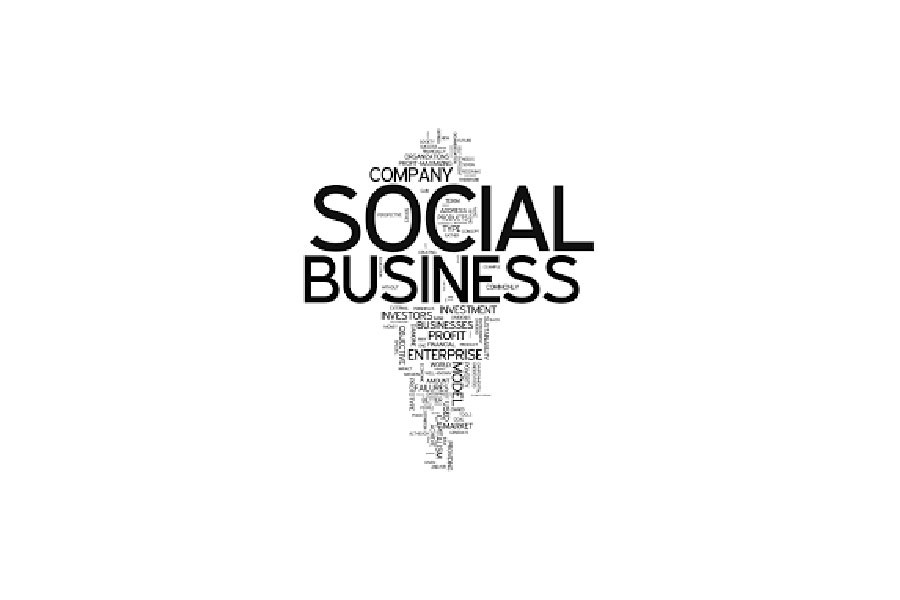Any new economic concept needs time before it gets validated as a theory. The validation has to be backed by empirical evidences and proofs. Even after validation, not all theories are free from short-comings. Many of the time-tested and established theories in economic literature are still facing challenges in new contexts. But the most challenging is the validation phase which may take many years for confirmation. Social business concept, developed by Noble Laureate Professor Muhammad Yunus, is now going through this phase.
Social business is a kind of business model which focuses on solving or fixing a social problem through non-dividend business activity. According to the framework, outlined by Yunus, an investor or entrepreneur of a social business is not allowed to share the profit generated through it. The profit has to be reinvested to expand the business while the investor will take the original capital back. Being a business entity, the company has to cover all costs and make profit and also achieve its social objectives like healthcare or housing for the poor. Thus, it is a business which encourages businessmen to contribute to society through a business, not through any charity or corporate social responsibility.
For the last one decade, the concept has been promoted across the world with a number of activities. From academic to business fields, interest in the concept is growing fast. As a result, a number of universities and institutions have launched academic course and research initiatives on the topic. More will join the rally. Businesses in different countries have also started their social business beside their regular business activities.
In fact, the idea or concept of social business drew global attention during the global financial crisis during 2007-08. With the deepening of the crisis in the United States in 2008 and stalking Europe and Asia in its aftermath, the world, the capitalist system, financial capital to be precise, came under attack. Proponents of the capitalism were in trouble as they couldn't provide a positive outlook. Opponents of the capitalism took an upper hand but they also couldn't offer any rational alternative. Some were, however, calling for humanisation of the current capitalist system. Against the backdrop, the idea of social business sparked as one of the tools to overcome the shortcomings of the capitalist system.
Thus, social business model is not a socialist solution but a capitalist instrument. The fundamental difference with the current profit-generating business model is that it is a cause-driven business which doesn't entirely focus on profit maximisation. The ultimate goal of social business is to address a social problem where business and its profit are their means. The supporters of the social business concept are now trying to make it a full-fledged business model as well as an economic theory. They are, however, facing enormous challenges and these are clearly reflected in the just concluded Global Social Business Summit, held in the German city Wolfsburg.
With a lot of enthusiasm over the promotion of the idea, a number of participants at the annual summit pointed out a series of challenging factors, if not risk factors for the future of social business. Being an attractive idea, there is a good chance for repackaging some of the profit-generating business into social business. To contain malpractices in social business, some credentials for it become essential. Direct engagement with the private sector is also essential as people in this sector, not the government, will ultimately do social business. Again, sensitising government officials to the cause of social business will help keep the concept on the right track.
Now these challenges are not unusual and more will appear as the social business concept gets going. Thus it has to go a long way before social business turns into an effective model and economic theory.


